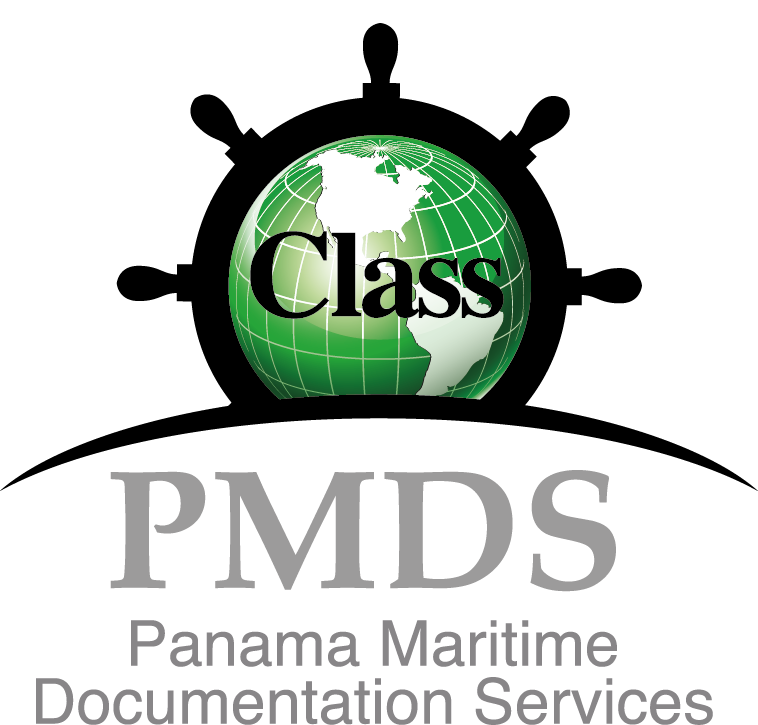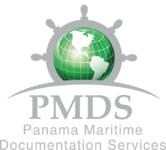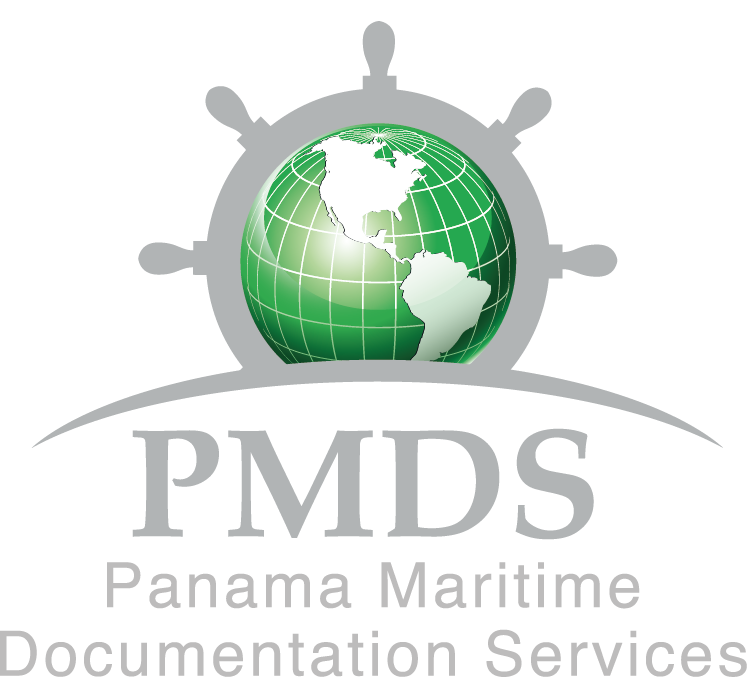
USCG issues guidance on maneuvering devices for safe navigation
The United States Coast Guard (USCG) has issued guidance regarding the use of devices that alter the maneuvering characteristics of ships to ensure safe navigation in U.S. waters, UK P&I highlights.
Captain Akshat Arora, Senior Risk Assessor states that members with ships operating in the United States are recommended to refer to the USCG Policy Letter 01-24, which provides “Guidance regarding devices that alter maneuvering characteristics of ships to ensure safe operation in waters of the United States”, including considerations to ensure safe navigation and compliance with 33 CFR § 164.11 (k).
As explained, the policy letter is based on the MARPOL Annex VI regulations, which require existing ships and those that have undergone a major conversion to comply with Energy Efficiency Existing Ship Index (EEXI) regulations, by reducing maximum ship speed or power, either by permanently de-rating the engine or through installation of an overridable Engine Power Limiter (EPL) or Shaft Power Limiter (SHaPoLi).
Ships that employ an EPL/SHaPoLi or engine acceleration-limiting program as a part of their EEXI compliance structure must inform pilots of the engine response characteristics prior to entry into U.S. territorial waters are required to comply with 33 CFR § 164.11(k). The accurate representation of maneuvering characteristics and limitations of ships on pilot cards and wheelhouse posters is vital to safe navigation in restricted waters.
33 CFR $164.11(k) requires pilots to be informed of the draft, maneuvering characteristics, and peculiarities of the vessel and of any abnormal circumstances on the vessel that may affect its safe navigation.
If the ship’s maneuvering characteristics indicated on the pilot card and wheelhouse poster are not updated following installation of an EPL/SHaPoLi system or acceleration-limiting program, the ship is considered non-compliant. As such, the system or program must be overridden prior to entry into the U.S. territorial waters.
As explained, if override is not feasible, the COTP, in consultation with the pilots, may require additional measures to ensure the safety of the ship and the port during the ship’s transit in restricted waters.
While transiting in U.S. restricted waters, it is recommended to follow the guidance and procedures specified in the Onboard Management Manual (OMM) and/or the Safety Management System (SMS) to override the EPL/SHaPoLi when necessary for safe operations.
However, in accordance with IMO Resolutions MEPC.335(76) and MEPC.375(80), it is recommended to comply with appropriate recording and reporting requirements to the Flag State and/or Class when the override is activated. Furthermore, the EPL/SHaPoLi override and reserve power usage by any ship in U.S. waters must also be reported to the competent Officers in Charge of Marine Inspection (OCMI) as listed on the USCG Prevention Directory Contact list.
Ref: Regulatory Documents
- USCG – Policy Letter 01-24 (April 10, 2024) Guidance regarding devices that alter maneuvering characteristics of ships to ensure safe operation in waters of the United States
- IMO Resolution MEPC.335(76), 2021 Guidelines on the Shaft / Engine Power Limitation System to Comply with the EEXI Requirements and Use of a Power Reserve
- IMO Resolution MEPC.375(80), 2023: Amendments to the 2021 Guidelines on the Shaft / Engine Power Limitation System to Comply with the EEXI Requirements and Use of a Power Reserve
- IMO Circular MEPC.1/Circ.850/Rev.3, Guidelines for Determining Minimum Propulsion Power to Maintain the Manoeuvrability of Ships in Adverse Conditions
- IMO Resolution A.601(15), Recommendation on the Provision and the Display of Manoeuvring Information on Board Ships
Source: Safety4sea
For additional information contact us : corporate@panamamaritime.com

 (507) 6780-7942
(507) 6780-7942
